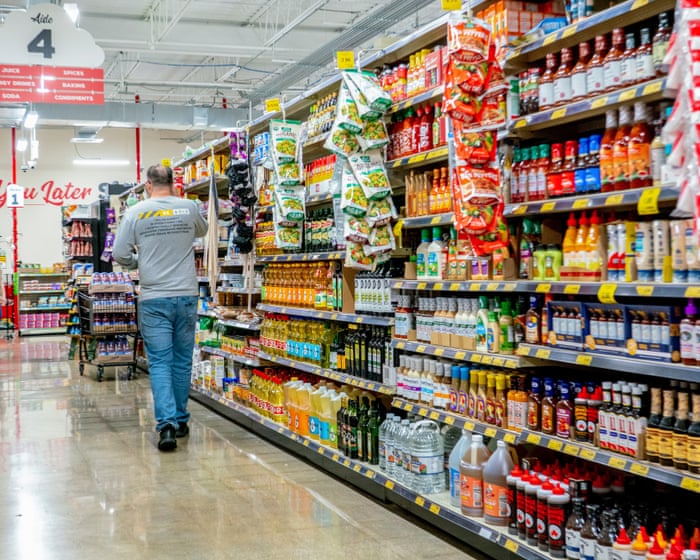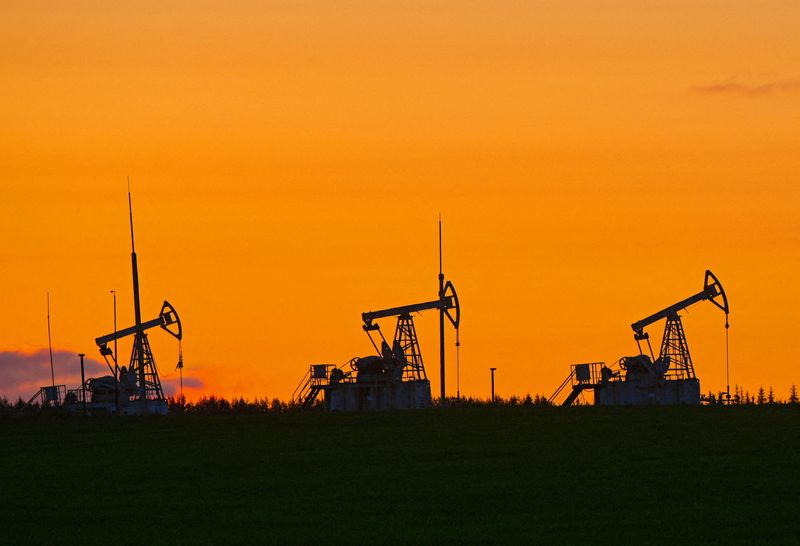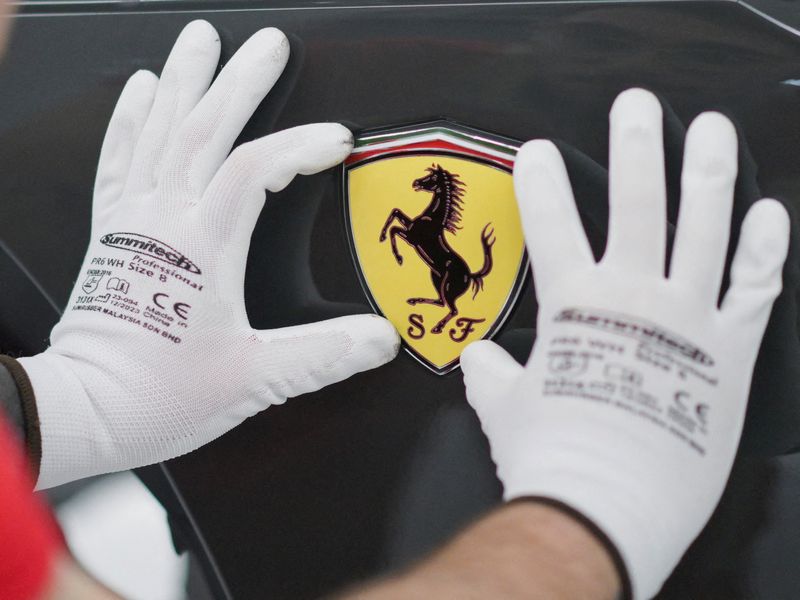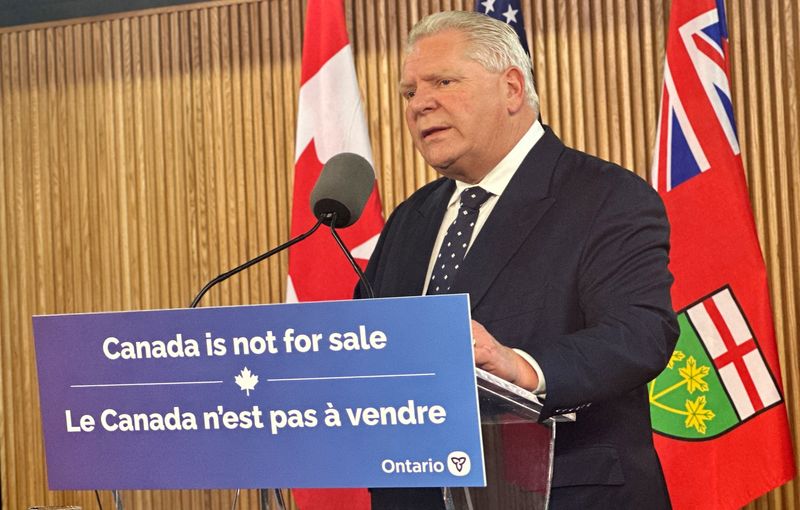Gasoline prices drove up inflation in September but were down from a year ago.
NeutralFinancial Markets

In September, gasoline prices contributed to rising inflation, although they were lower compared to the same month last year. This fluctuation is significant as it reflects ongoing economic trends and the impact of external factors on fuel costs. Additionally, the U.S. is considering new sanctions against Lukoil, a major player in the oil industry, which could further influence market dynamics.
— Curated by the World Pulse Now AI Editorial System













